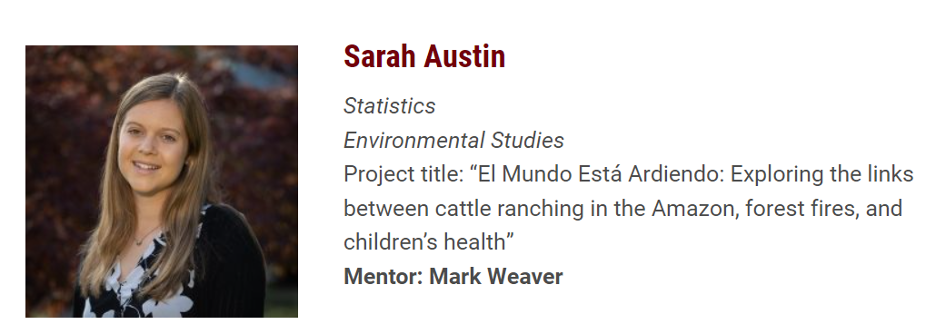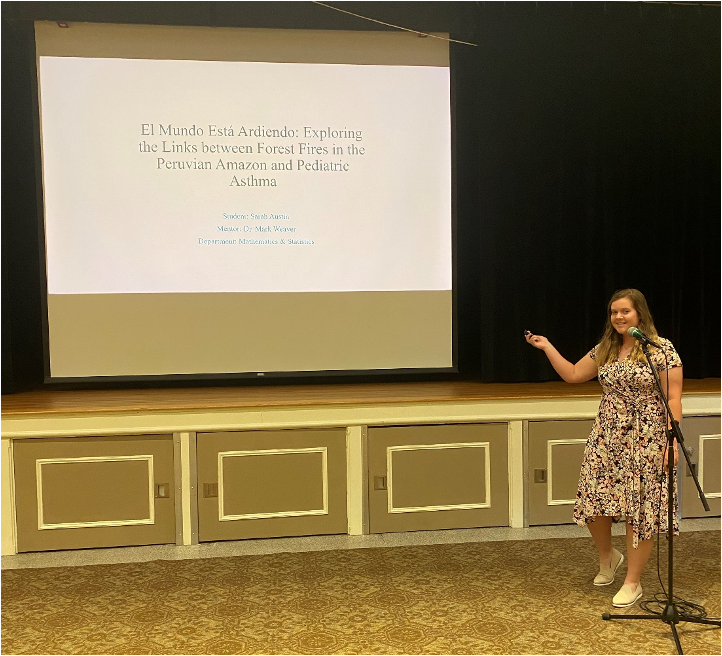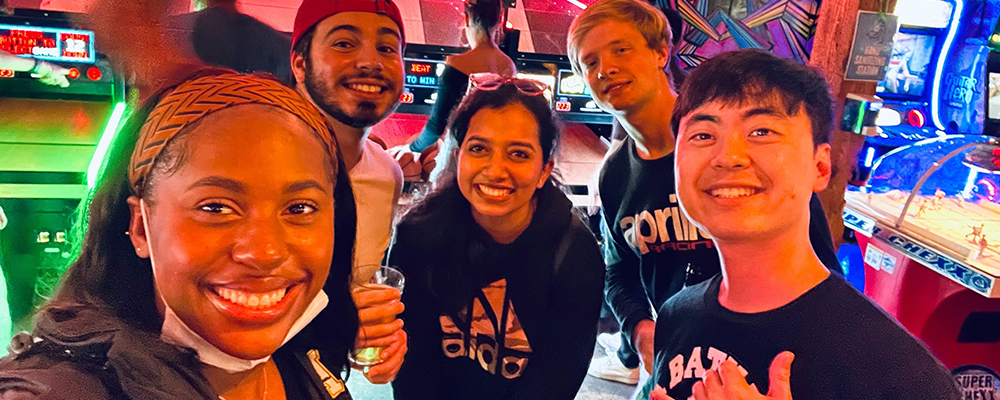Who knew that Phil Collins was spewing so much truth in Tarzan’s Son of Man when he sang,
“In learning you will teach,
and in teaching you will learn.”
It is funny how a song lyric from a children’s movie perfectly encapsulates the essence of mentorship in the real world, especially in the field of data analytics. As I reflect on my journey that brought me to the Institute of Advanced Analytics, I recognize the significant impact that mentorship has had on my success.
The beauty of mentorship in a field evolving as fast as ours is the mutual pursuit of learning that occurs between both parties. Mentors are responsible for sharing their knowledge and being adaptable to learning new ways of analytical thinking and methodology. Mentees are responsible for absorbing as much knowledge as possible and keeping a finger on the pulse of our ever-evolving field. The mentor-mentee relationship in data science is one of mutual teaching, learning, and growing. Phil Collins hit the nail on the head.
My introduction to mentorship started my sophomore year of undergrad at Elon University. I worked extensively with Dr. Mark Weaver from Elon’s Mathematics and Statistics Department for three years. Much of my research was not in his field of expertise, but he graciously agreed to mentor me through my thesis.

During our time together, we both had to learn (and occasionally fail at) new techniques, software, data types, and more. For example, Dr. Weaver showed me methodology that he was experienced in, such as writing functions in R, and I shared with him the analytical power of Visual Analytics from SAS Viya that I had learned during a summer internship. Dr. Weaver was always open to trying something new, even if it meant more time needed to be dedicated to the project. Throughout this give and take of knowledge, he exemplified the meaning of having a growth mindset and showed me firsthand how even the most experienced in our field can always have more to learn.

My mentorship experience with Dr. Weaver prepared me for the Institute of Advanced Analytics in ways that may surprise you. Of course, I gleaned a myriad of statistical techniques and improved my coding ability during our time working together. However, what has prepared me most of all is the ability to learn and adjust quickly to a firehose of new information. At the Institute, we are expected to learn and fully understand large quantities of information at once, all while juggling different professional experiences such as the practicum project and interviews. The greatest key to success here is learning how to filter and absorb this information as quickly as possible.
This is a crucial professional skill to have for a field that touches all industries and requires an overflowing toolbox of technical know-how. Watching Dr. Weaver utilize this skill during my time at Elon proved to me how ever-changing our field can be and how important it is to keep up. Although we were both new to many of the techniques that we had to learn for that project, he mastered them quickly and was even able to answer my questions about each topic.
When I graduate from the Institute, I hope to be in a place where I can serve as a mentor in data analytics for others. Whether for a fellow co-worker or another aspiring data analytics student, I want to be able to spread my knowledge of how to learn quickly and adapt to the dynamics of our field.
I want to teach while I learn and learn while I teach.
I wonder what other Disney quotes hold the keys to a successful career…
Hakuna Matata?
Columnist: Sarah Austin
